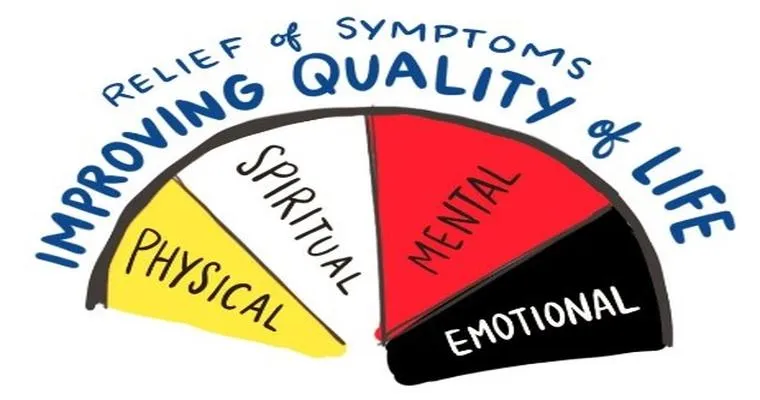As individuals approach the "end of life", it is crucial to address their "mental, emotional", and "spiritual needs". The journey toward death can be a complex experience, filled with a range of feelings, fears, and reflections. Understanding and catering to these needs can significantly enhance the quality of life during this tender time. This article explores the importance of holistic care and offers insights into how caregivers and loved ones can provide support.
Understanding Mental Needs
Mental needs at the end of life often encompass concerns about "legacy", "identity", and "fear of the unknown". Patients may experience anxiety or depression as they confront their mortality. It is essential for caregivers to offer a supportive environment where patients feel safe to express their fears and thoughts. Regular check-ins and open conversations can help alleviate some of this mental distress. Therapeutic interventions, such as counseling or cognitive-behavioral therapy, can also be beneficial in addressing these mental health concerns.
Addressing Emotional Needs
Emotional well-being plays a vital role in the overall experience of dying. Patients may grapple with feelings of loss, sadness, or regret. Providing a compassionate presence can help individuals process these emotions. Encouraging them to share their feelings with loved ones can also foster emotional healing. Activities such as "journaling", "art therapy", or simply reminiscing about cherished memories can offer emotional relief. It is important to recognize that everyone experiences emotions differently, so tailoring support to the individual’s needs is crucial.
Supporting Spiritual Needs
Spirituality can provide comfort and meaning for those facing the end of life. Whether through religious rituals, personal beliefs, or mindfulness practices, addressing spiritual needs is essential. This may involve facilitating conversations about faith, encouraging the practice of spiritual rituals, or connecting patients with spiritual advisors. Providing resources such as books on spirituality or meditation can also help individuals explore their beliefs and find peace. It is important to respect each person’s unique spiritual journey and offer support without imposing personal beliefs.
The Role of Palliative Care
Palliative care plays a significant role in treating the "mental, emotional", and "spiritual needs" at the end of life. This specialized medical care focuses on providing relief from symptoms and stress, ensuring the highest possible quality of life. A palliative care team typically includes doctors, nurses, social workers, and chaplains who work collaboratively to address all aspects of a patient’s well-being. By integrating physical and emotional support, palliative care can significantly enhance the experience of both patients and their families.
Conclusion
Treating mental, emotional, and spiritual needs at the end of life is not just a compassionate act; it is an essential part of holistic care. By recognizing and addressing these needs, caregivers can provide invaluable support to individuals as they navigate their final journey. Whether through conversations, therapies, or spiritual practices, ensuring that patients feel heard, valued, and understood can make a profound difference in their experience of dying. Ultimately, it is about honoring the whole person and helping them find peace in their final days.





